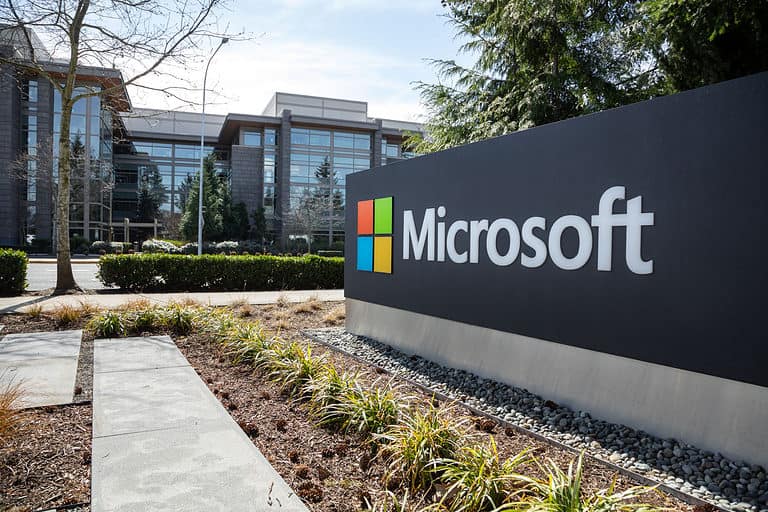Microsoft expands its Azure IP Advantage patent protection program to include IoT devices connected to Azure. In addition, the company donates five hundred patents specifically aimed at startups to the LOT Network. That’s what ZDNet reports.
Azure IP Advantage has been in existence since February 2017 and aims to protect Azure customers from trolls. The program includes 10,000 patents to prevent “unfounded patent litigation”. All Azure customers are automatically covered by Azure IP Advantage.
The programme is now being expanded further. Microsoft executives have announced that Azure IP Advantage now also covers all Azure customers with IoT devices connected to Azure. In addition, customers with devices controlled by the Azure Sphere microcontroller solution and Windows IT are covered by the program.
LOT Network
Microsoft also donates patents to the LOT Network, of which it has been a member since October last year. The LOT Network is an initiative from the tech industry to fight against patent trolls. Patent trolls are companies that buy patents and then take legal action against companies that use them. The vast majority of the trolley companies do not use the patents to make products or build a business.
The LOT Network now has more than three hundred members, including Amazon, Cisco, Facebook, Google, Lenovo and Netflix. Small companies also participate in the organisation. The participating organizations agree that if they sell a patent to a company that is known to file lawsuits about it, all members of the LOT Network get a free license to use the patent.
Members may also license, sell or do nothing with their patents to each other. According to Microsoft, the network now contains 1.35 million patents. The five hundred patents donated by the company are specific to startups.
This news article was automatically translated from Dutch to give Techzine.eu a head start. All news articles after September 1, 2019 are written in native English and NOT translated. All our background stories are written in native English as well. For more information read our launch article.